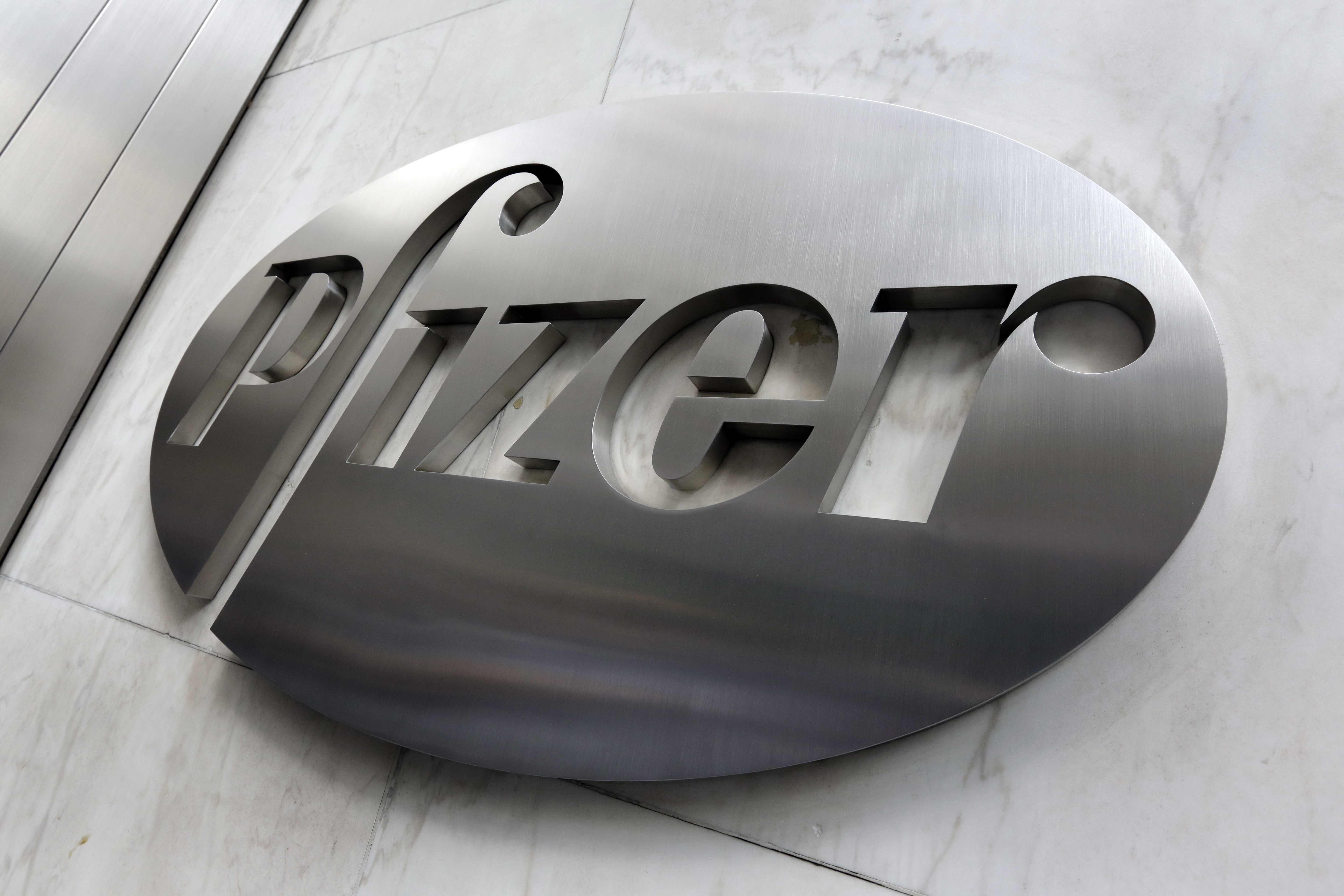UK warns people with serious allergies to avoid Pfizer vaccine
- Vaccine rollout began on Tuesday to elderly and health workers
- Pfizer, BioNTech say they support regulator's investigation
- FDA advisory committee meeting due Thursday
LONDON: Britain's medicine regulator has advised that people with a history of significant allergic reactions do not get Pfizer-BioNTech's COVID-19 vaccine after two people reported adverse effects on the first day of rollout.
Britain began mass vaccinating its population on Tuesday in a global drive that poses one of the biggest logistical challenges in peacetime history, starting with the elderly and frontline workers
National Health Service medical director Stephen Powis said the advice had been changed after two NHS workers reported anaphylactoid reactions associated with receiving the vaccine.
"As is common with new vaccines the MHRA (regulator) have advised on a precautionary basis that people with a significant history of allergic reactions do not receive this vaccination, after two people with a history of significant allergic reactions responded adversely yesterday," Powis said.
"Both are recovering well.”
The MHRA said it would seek further information, and Pfizer and BioNTech said they were supporting the MHRA's investigation.
The Medicines and Healthcare products Regulatory Agency (MHRA) was the first in the world to approve the vaccine, developed by Germany's BioNTech and Pfizer, last week, while the U.S. Food and Drug Administration (FDA) and European Medicines Agency (EMA) continue to assess the data.
"Last evening, we were looking at two case reports of allergic reactions. We know from the very extensive clinical trials that this wasn't a feature," MHRA Chief Executive June Raine told lawmakers.
Pfizer has said people with a history of severe adverse allergic reactions were excluded from their late stage trials.
The FDA released documents on Tuesday in preparation for an advisory committee meeting on Thursday, saying the Pfizer vaccine's efficacy and safety data met its expectations for authorization.
That briefing document said 0.63% of people in the vaccine group and 0.51% in the placebo group reported possible allergic reactions in trials, which Peter Openshaw, Professor of Experimental Medicine at Imperial College London, said was a very small number.
"The fact that we know so soon about these two allergic reactions and that the regulator has acted on this to issue precautionary advice shows that this monitoring system is working well," he said.






